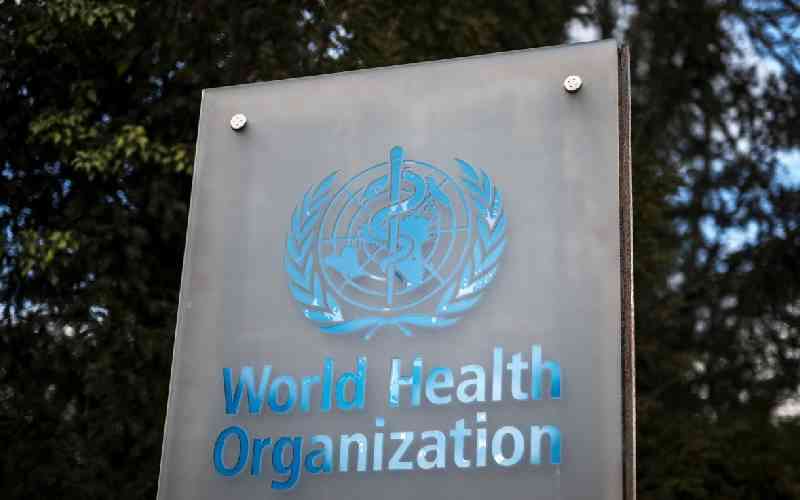
Imagine a scenario where a woman is seeking a sperm donor. She comes across an advert on social media where a man, JM, is offering his sperm through a private arrangement.
They meet up, the hoped-for conception happens, and a child is born. The woman, SW, allows the man to have contact with the child, although she, her partner, and JM had earlier signed an agreement that JM was to have no rights over the child or any contact.
About two years later, another child conceived using JM’s sperm is born to SW, but this time, both are pitted against each other in a court battle that ropes in two other women – all battling to deny JM any contact with the children they sired using his sperm.
Facts First
Unlock bold, fearless reporting, exclusive stories, investigations, and in-depth analysis with The Standard INSiDER subscription.
Already have an account? Login
 The Standard Group Plc is a multi-media organization with investments in media
platforms spanning newspaper print
operations, television, radio broadcasting, digital and online services. The
Standard Group is recognized as a
leading multi-media house in Kenya with a key influence in matters of national
and international interest.
The Standard Group Plc is a multi-media organization with investments in media
platforms spanning newspaper print
operations, television, radio broadcasting, digital and online services. The
Standard Group is recognized as a
leading multi-media house in Kenya with a key influence in matters of national
and international interest.











